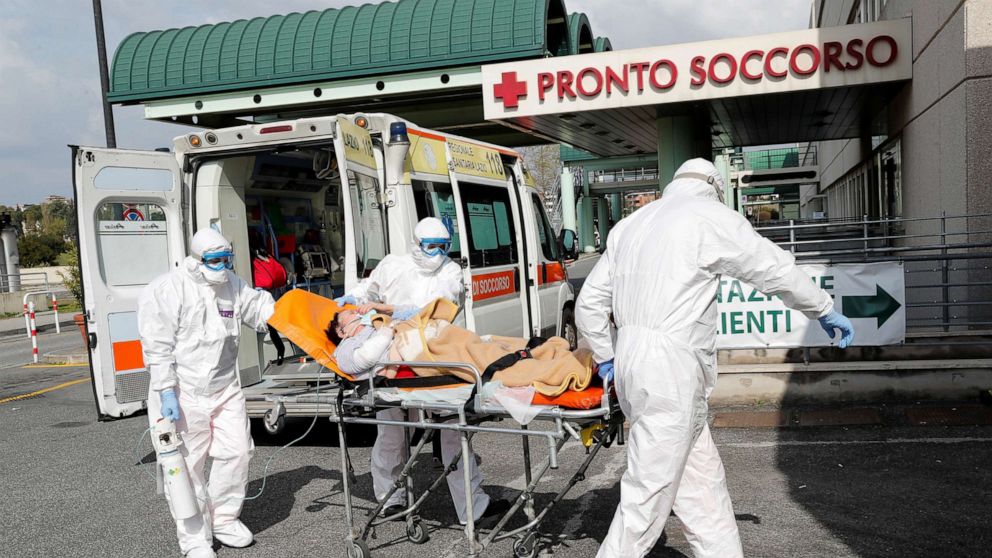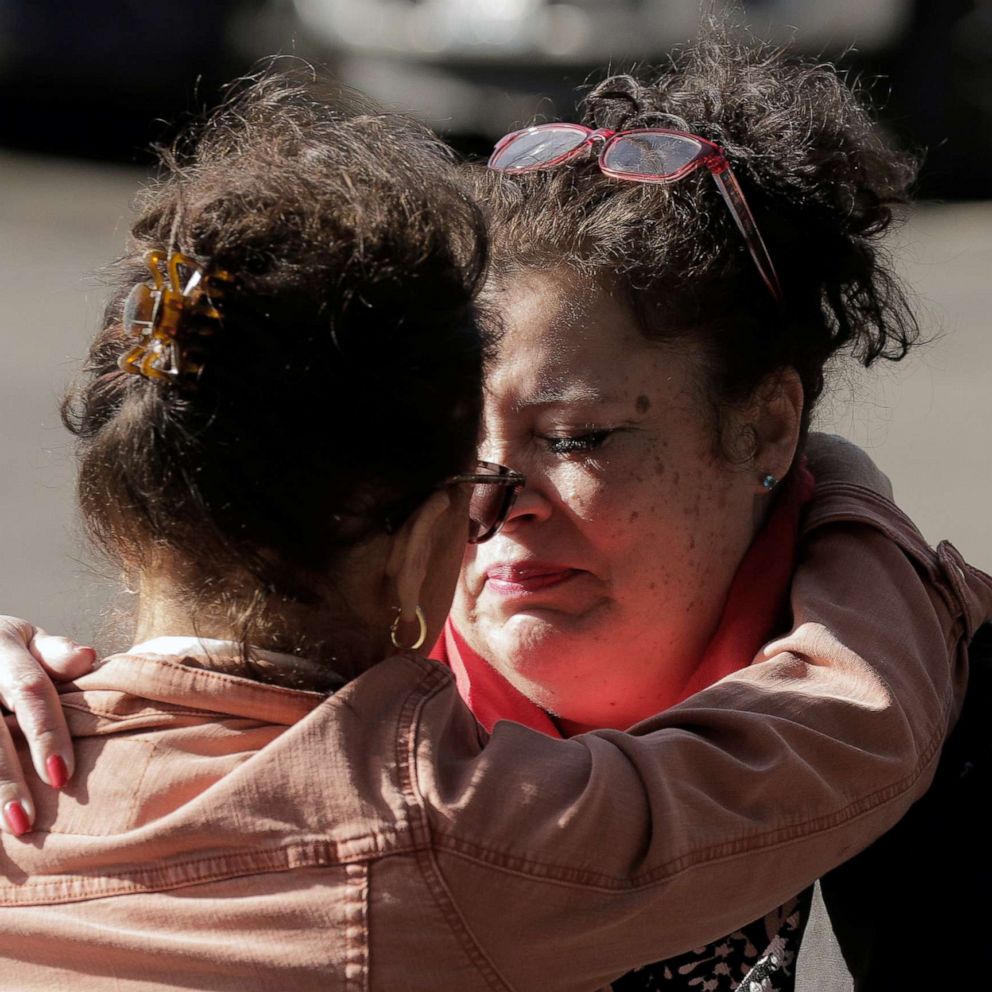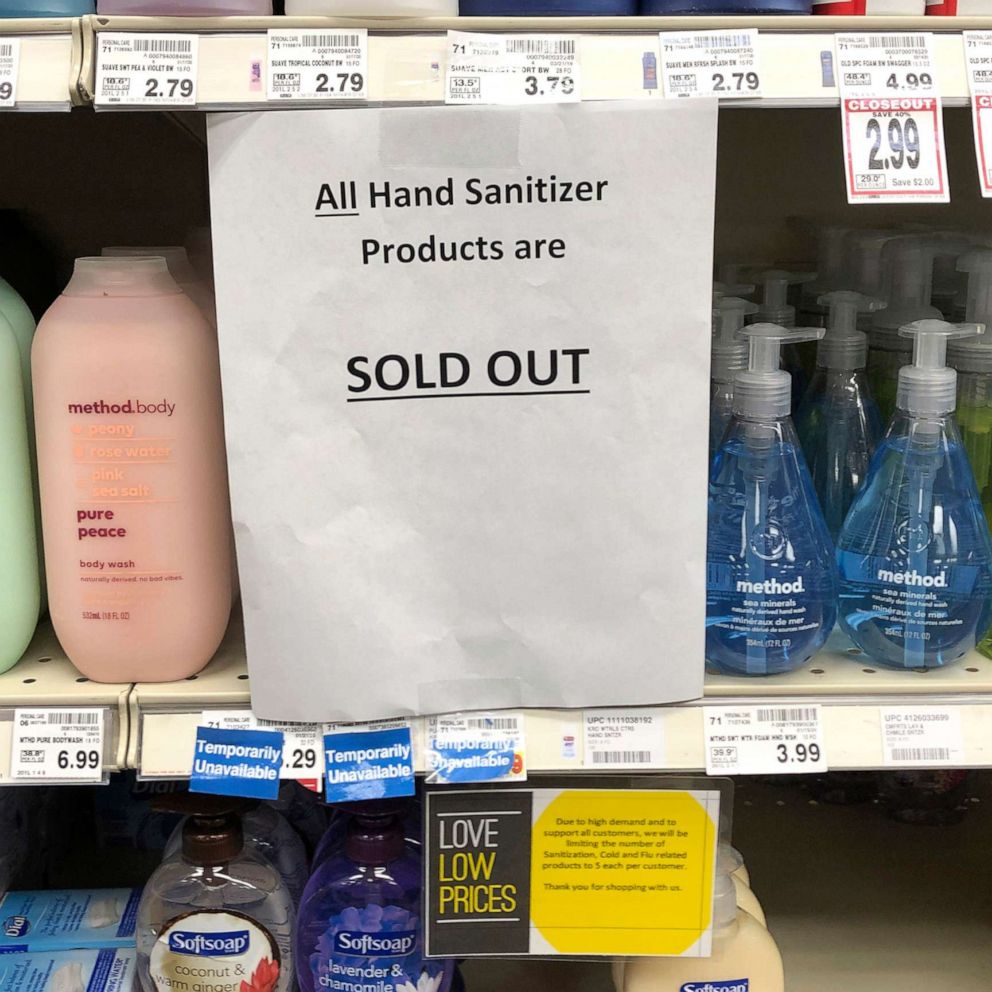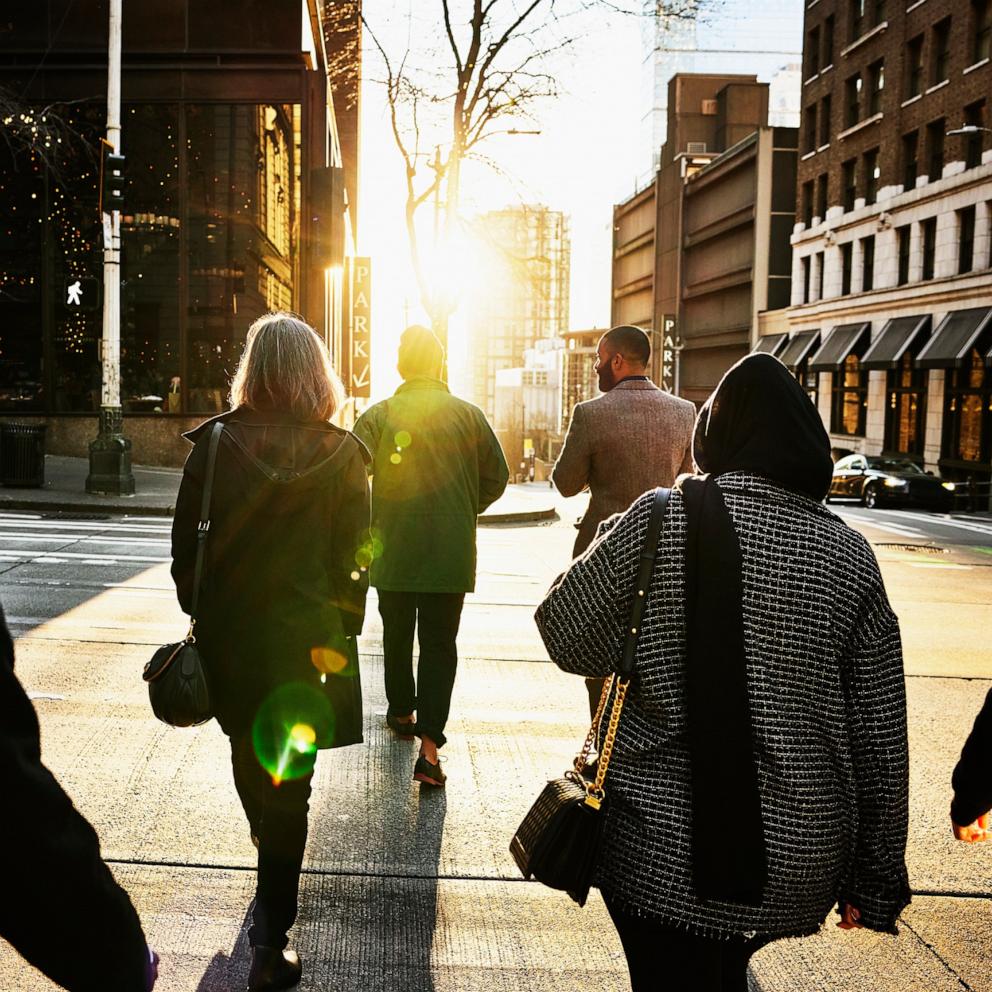Risk for severe COVID-19 increases with each decade of age
As the novel coronavirus outbreak rages on, researchers are learning more about which individuals are at risk of being severely sickened -- or dying -- from the disease.
A study published this week in the journal The Lancet examined data from individuals who tested positive for COVID-19 in 38 countries and found that risk of death from the disease rose with each decade of age.
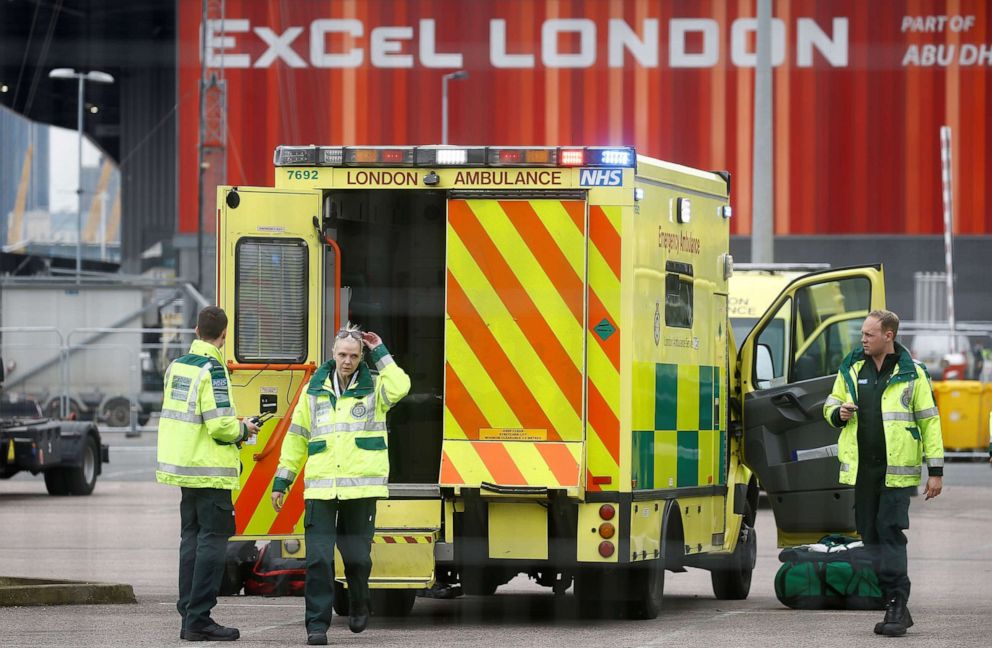
The death rate among those who were sickened by the disease was roughly 0.03% for people in their 20s; 0.08% for people in their 30s; 0.16% for people in their 40s; 0.6% for people in their 50s; 1.9% for people in their 60s; 4.3% for people in their 70s; and 7.8% for people 80 years old and older, the researchers found.
What to know about Coronavirus:
- How it started and how to protect yourself: Coronavirus explained
- What to do if you have symptoms: Coronavirus symptoms
- Tracking the spread in the US and Worldwide: Coronavirus map
Those at highest risk for severe disease and death were people over the age of 80 who had underlying conditions, including hypertension, diabetes, cardiovascular disease, chronic respiratory disease and cancer.
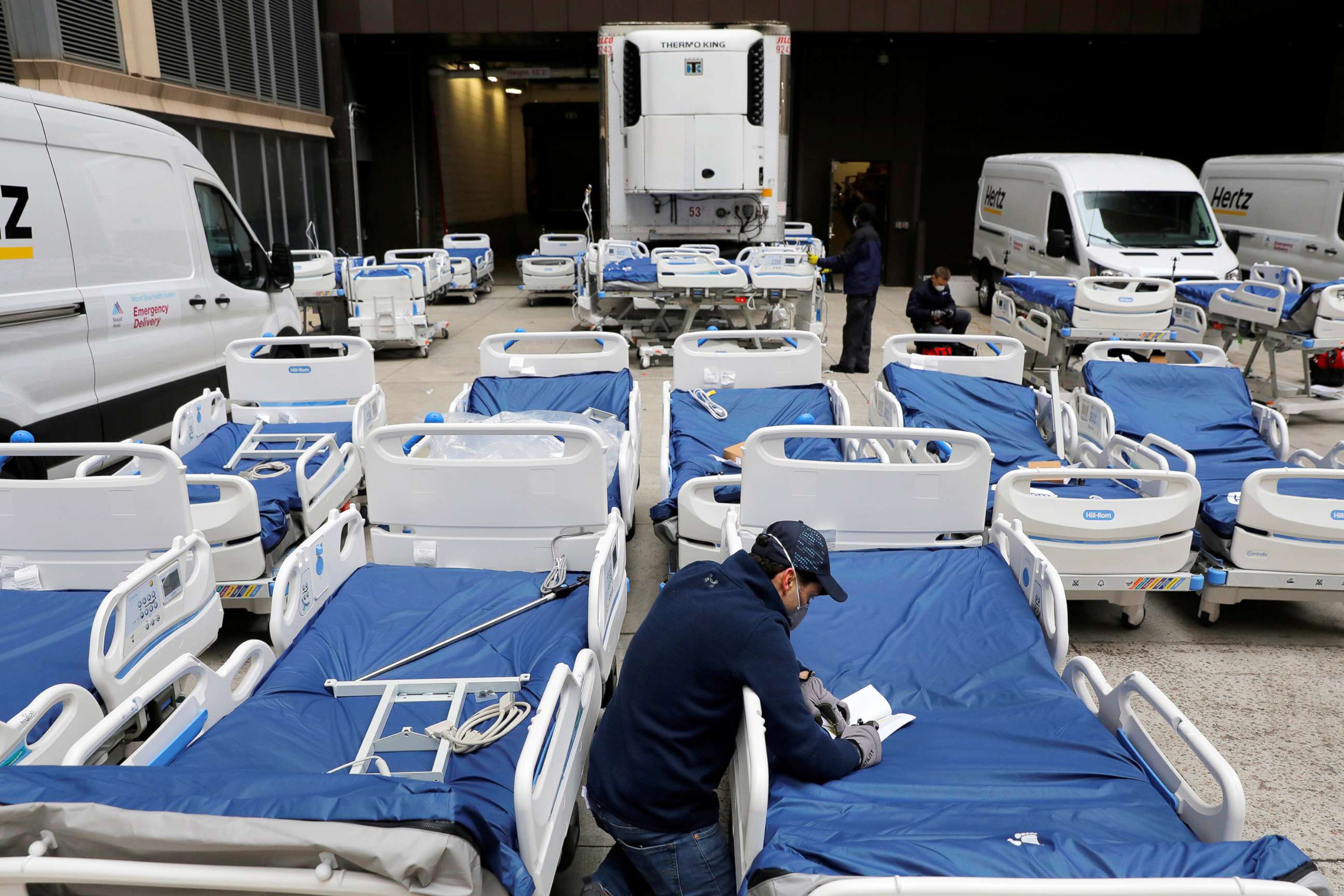
Many countries have struggled to effectively test their citizens for coronavirus. Most individuals who contract COVID-19 have mild symptoms or no symptoms at all, making it difficult for scientists to assess the disease's mortality rate without them being tested.
According to the new study, the researchers' best estimate for fatality among people who were sickened by COVID-19 in China was 1.4%, which is significantly lower than the 3.4% fatality rate earlier studies found.
The average time between the onset of COVID-19 symptoms and death was about 18 days, while the average time between onset of symptoms and discharge from the hospital was roughly 25 days.
